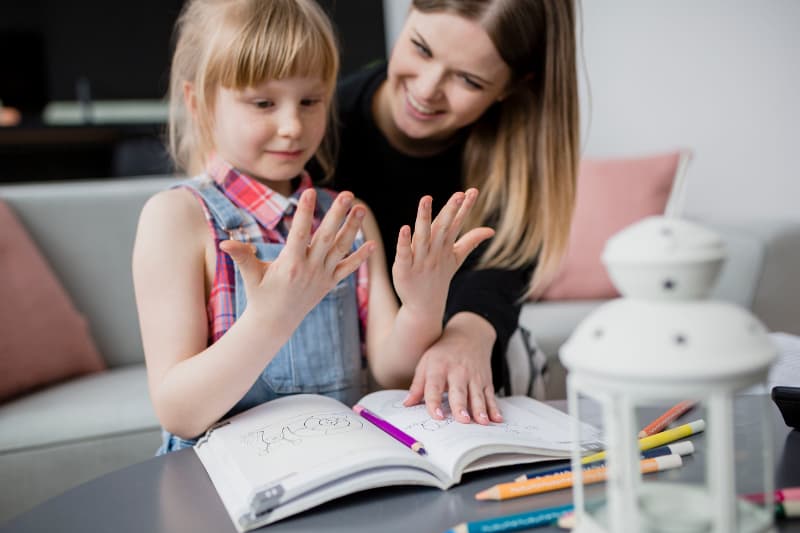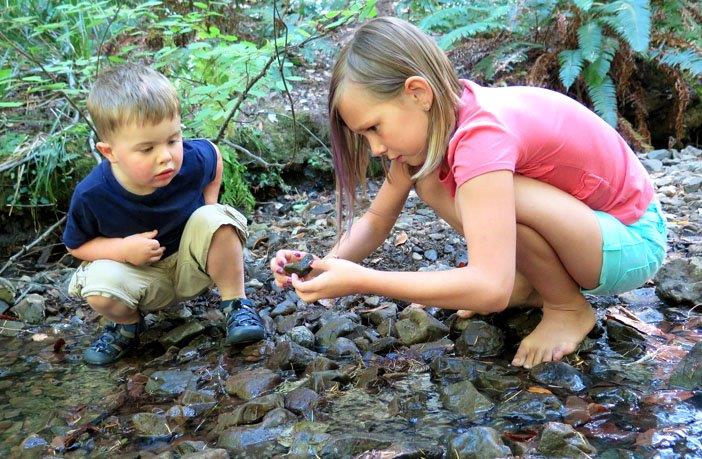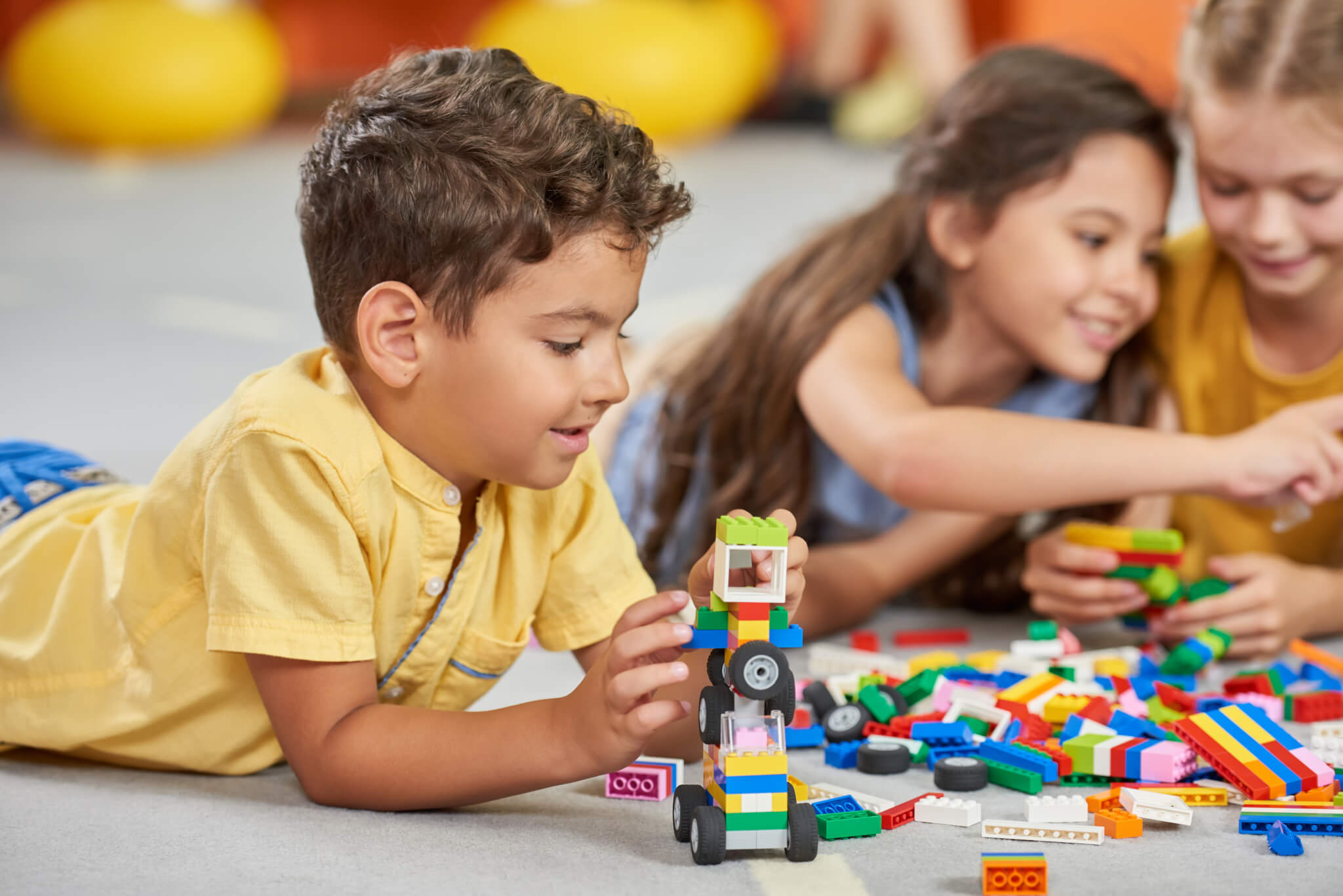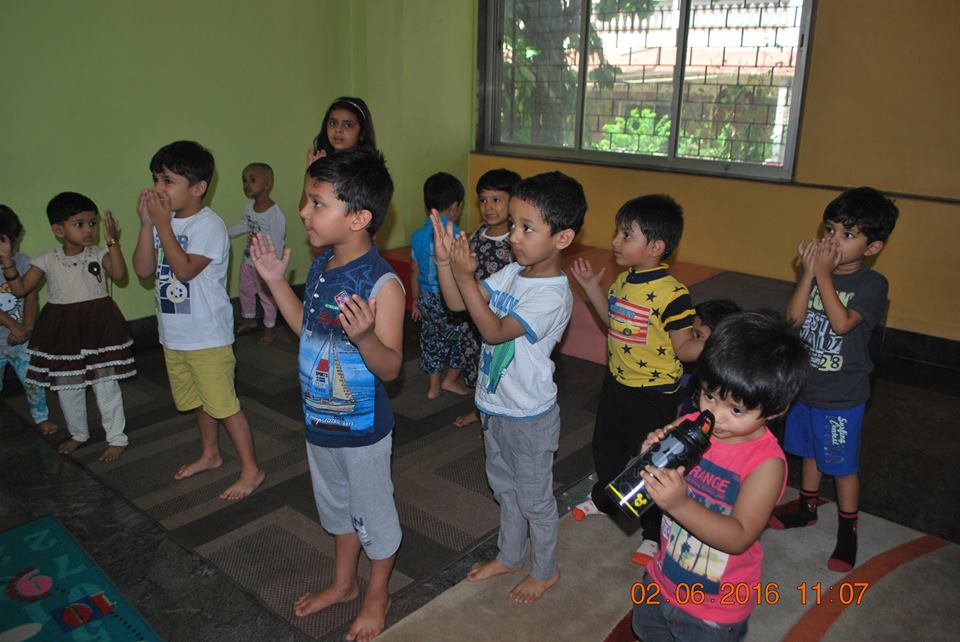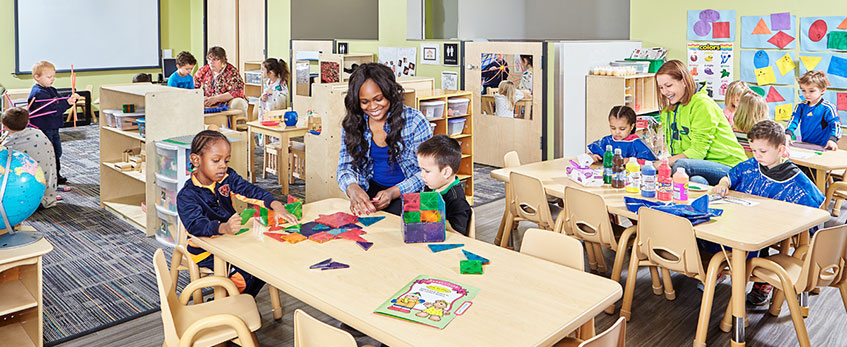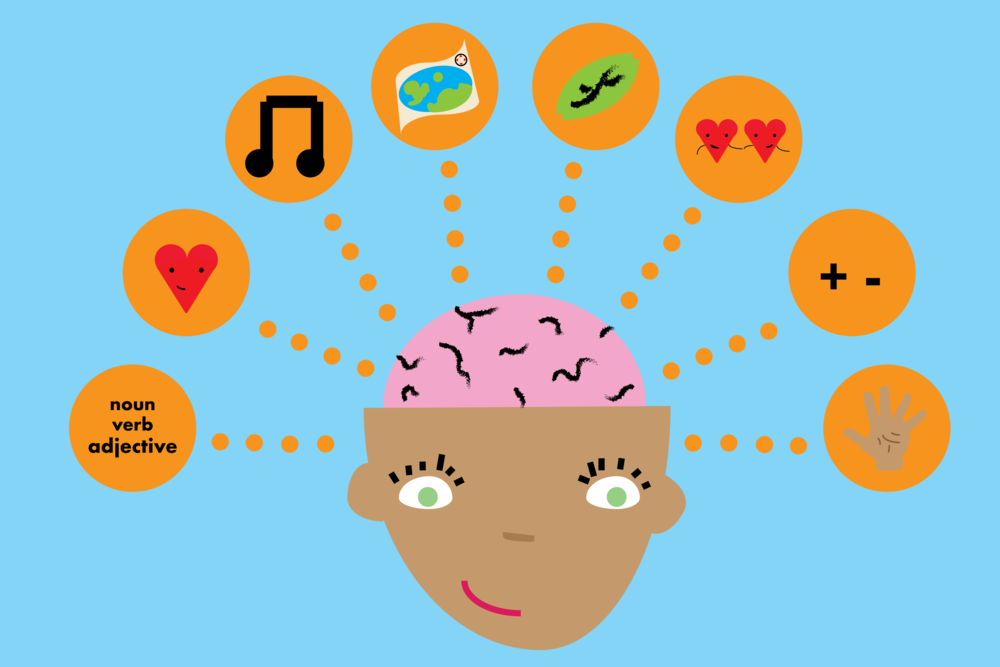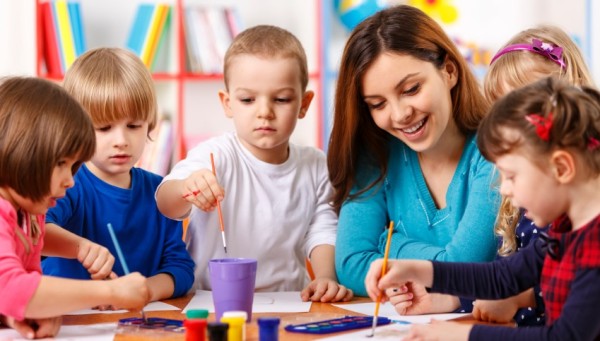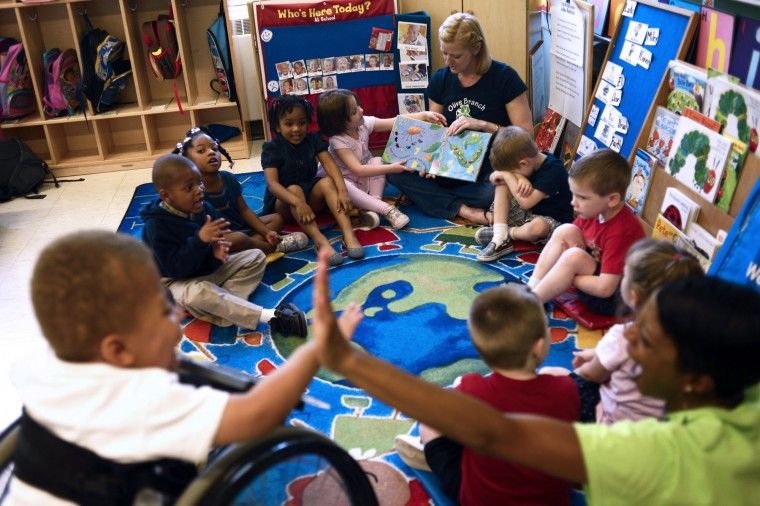Homework is an integral part of a child’s educational journey, providing opportunities for reinforcement, practice, and independent learning. As parents or caregivers, it is essential to play a supportive role in your child’s homework routine. However, striking the right balance between
Problem-solving is an essential skill that empowers individuals to navigate challenges, make informed decisions, and find creative solutions. Cultivating problem-solving skills during the preschool years lays a strong foundation for a child’s cognitive, social, and emotional development. In th
Richard Louv mentioned in his book “Last Child in the Woods”, a few years ago that children had “nature deficit disorder” because they spent so little time in nature. They endured severe repercussions, including increased stress and anxiety, increased obesity and ADHD rates,
Toys are the pathway to play if we consider playing the route to healthy growth, and toys are designed to encourage and extend playtime. Variety in play and a wide range of toys and games are required for children to discover what they are excellent at, what they like, and who they are. Choosing the
It is that time of year…the start of a new season and a new school term. Another word we can use is “Transition” it is a time that children are learning Language and Literacy! It is the perfect time to introduce, explore and practice the literacy skills you teach throughout the day. In fact, t
In the last blog I talked about Dr. Howard Gardner’s Theory of Multiple Intelligences and how this applies to the Kinderpillar educational programs. In this blog we will look at some of the fun ways we do this in our programs. Thinking Outside the Box…Team Work One of the most fulfilling
The Kinderpillar curriculum focuses on helping children build the essential critical, creative and flexible thinking skills that will support their learning and study throughout their lives. A large part of this is related to the STEM (Science, Math, Engineering, Math) or STEAM (Science, Math, Engin
As early childhood educators and parents we know that hands-on experiences with creative activities and materials is what the children call the “good stuff” of learning. Young children learn science, math and literacy academic skills through art, music, movement and drama activities. The Arts ar
“ Justice alone cannot be for one side alone, but must be for both.”-Eleanor Roosevelt What does ‘justice” mean to your young child? It often means…following the rules. In fact, young children can often be very rule driven…as long as it is being applied to someone else!They love to tel
October 28,2017
That’s NOT My Name!- Prof. Ellen Booth Church
Have you ever heard the old saying, “Sticks and Stones may hurt my bones but names will never hurt me”? Do you think that is true?Haven’t we all been hurt by words or names others have used for us? Words have an amazing power to build us up or knock us down. A kind word […]

